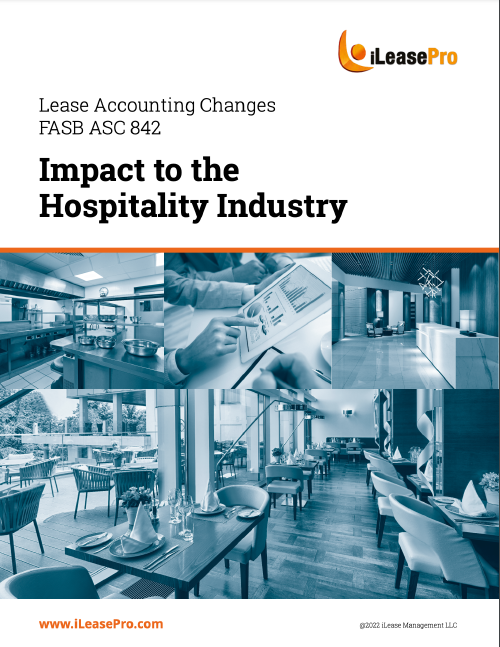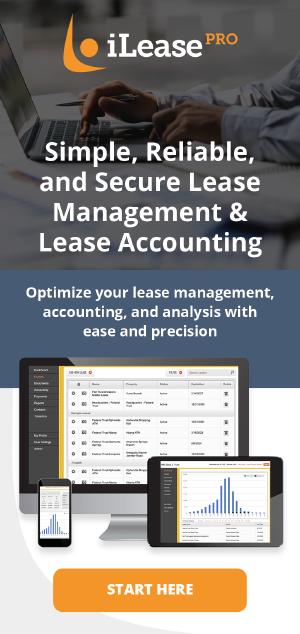How Lease Accounting Changes Affect the Hospitality Industry

The impact of the ASC 842 Lease Accounting Standard on the Hospitality Industry
Lease accounting, particularly as it relates to lessee accounting, has been a controversial topic for a number of years. The fact that a lessee under current generally accepted accounting principles (“GAAP”) can execute a contract to make legally binding payments over a period of time, structure the contract so that it is classified as an operating lease and not be required to reflect that obligation as a liability on the balance sheet has been a major concern for both financial regulators and analysts. In a joint project, both the Financial Accounting Standards Board (“FASB”) and the International Accounting Standards Board (“IASB”) began to tackle this issue in 2009 by issuing a Preliminary Views topic paper which was followed by Exposure Draft in August 2010 (‘the 2010 ED”) which proposed major changes to manner in which leases are accounted for. The 2010 ED sparked numerous comments and a lively debate among financial statement preparers because of the perceived additional complexity that the proposed changes would entail. The FASB and the IASB (“the Boards”) undertook significant outreach to the financial statement preparer and user communities and in May 2013 issued a revision to the Exposure Draft (“the Revised ED”) which eliminates some of the more complex provisions but retained most of the basic elements of the 2010 ED. This whitepaper presents the most important elements and implications of the Revised ED at a high level to provide the reader with a basic understanding of the proposed lease accounting changes, as those changes apply to lessees. Download ASC 842 Impacts on Hospitality Whitepaper



